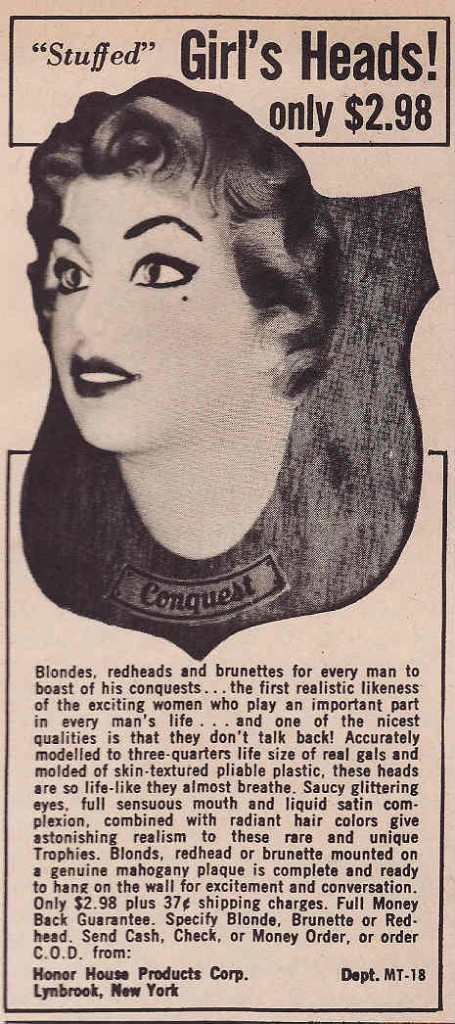Men and women are told, in a myriad of daily ways, that being masculine is good and feminine bad. It sneaks into our daily language in ways that are so common that we fail to even see it anymore. For example, a recent New York Times article about Google’s effort to determine what makes managers successful featured a list, written by Google, of what makes a good boss.
I noticed that they added The New York Times added the phrase “Don’t be a sissy” to “Good Behavior” #4. It reads “Don’t be a sissy: Be productive and results-oriented.” It’s the only Good Behavior that includes a derisive slur. And while I’m accustomed to seeing terms like “sissy” thrown around as insults, it occurred to me that the very next rule #5, “Be a good communicator and listen to your team,” could easily have been prefaced with “Don’t be a man.”
But being a “sissy” (that is, feminine) is something that we can all agree is bad, while being a man is good. So, even when the rules suggest that men take on feminized traits, they’re unlikely to adorn the suggestion with a denigration of masculinity.
Via Teppo at OrgTheory.
Lisa Wade, PhD is an Associate Professor at Tulane University. She is the author of American Hookup, a book about college sexual culture; a textbook about gender; and a forthcoming introductory text: Terrible Magnificent Sociology. You can follow her on Twitter and Instagram.













